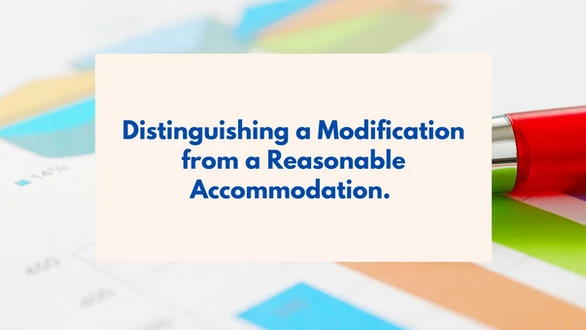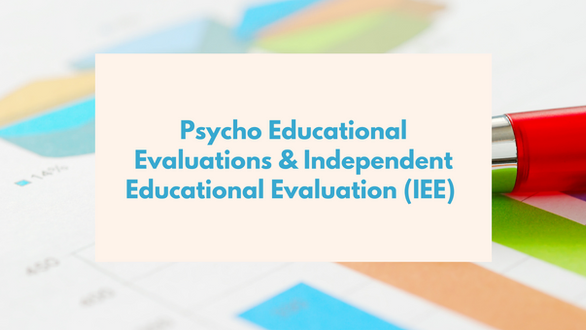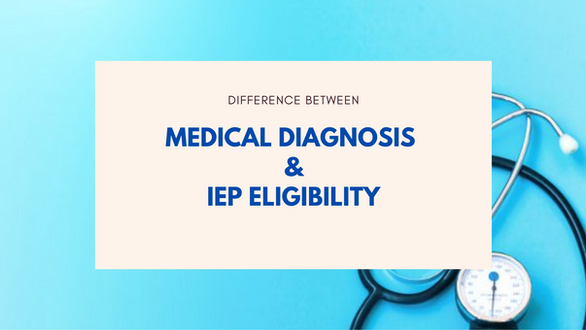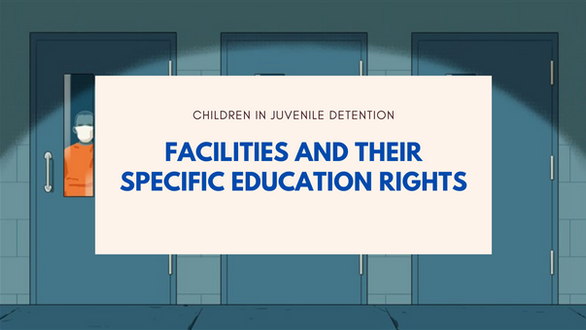INTRODUCTION
If your child is struggling with problems related to poor behavior, academic difficulties, or substance abuse, you know that even the best of intentions don’t necessarily translate into improved results. Adding to your dilemma is the unfortunate fact that many local school districts may be unprepared to address the myriad complex issues that many adolescents and their families are facing today.
This disappointing reality can often leave you feeling as though there’s nowhere to turn to get the help that your child not only needs, but deserves.
The good news is that over the past few decades, significant progress has been made in the education and rehabilitation of young people whose problems once threatened to overwhelm their lives and tear apart their families. Educational experts and therapeutic professionals across the nation have designed a number of innovative Nonpublic special education programs, including therapeutic and/or residential services to help troubled teens overcome their struggles and achieve more than they ever believed possible.
Students with autism, typically those with severe behavioral, mental health, or communication needs are considered for this type of schooling. It is very expensive and parents may need to advocate strongly if they feel that these placements would be a better option than what the school district is offering.
UNDERSTANDING NONPUBLIC SPECIAL EDUCATION PROGRAMS
Nonpublic special education programs provide educational, therapeutic and/or residential services to students with disabilities. In the continuum of services for eligible students, federal and state laws allow programmatic options for students who may require exceptional educational and/or clinical intervention to meet their needs. Nonpublic programs approved under Section 14-7.02 of the School Code help serve and promote the continuation and improvement of Individualized Education Program (IEP) services for these students with disabilities.
Typically, students placed in 14-7.02 programs have such severe and perhaps complicated clinical and educational needs that school districts may opt to refer their students to outside district placements after exploring other least restrictive options. These placements can last anywhere from short periods of time (i.e. one semester), up to longer stretches (i.e. multiple years).
EDUCATIONAL ENVIRONMENT (LEAST RESTRICTIVE ENVIRONMENT)
Least Restrictive Environment (LRE) requires that, to the maximum extent appropriate, students with disabilities aged 3 through 21, in public or private institutions or other care facilities, are educated with children who are not disabled. Placements by which students with disabilities are removed from the general education environment should occur ONLY if the student’s IEP team determines that the nature or severity of the disability is such that education in a general classroom setting, even with the use of supplemental aids and services, cannot be achieved satisfactorily.
IMPLEMENTATION OF SERVICES
Once a placement has been made, the nonpublic program assumes responsibility to implement the entire IEP and collect/analyze data on progress. Although nonpublic schools will provide the necessary special education services as dictated by the IEP, the placing school district is ultimately responsible for their student(s) placed at these programs and ensuring that the student receives services appropriately.
Further, the placing school district is responsible for development, review, and revision of the IEP.
Nonpublic schools and their professional and certified staff will provide educational, clinical, and when appropriate, vocational programming to students. The nonpublic school is responsible for developing a curriculum appropriate to the needs of the enrolled students that teaches the branches of education taught to children of corresponding age and grade in the public schools. Transcript credits are agreed upon at the IEP meeting and are accepted by/awarded by the placing public school district.
WHEN AND WHY WOULD A SCHOOL DISTRICT PAY FOR “NON-PUBLIC” NON-RESIDENTIAL SCHOOL AND/OR A THERAPEUTIC RESIDENTIAL BOARDING SCHOOL?
Parents who may be considering a nonpublic program for special education services should know the following:
- Unilateral parent placement – If a parent unilaterally places their child in a nonpublic special education program, educational services will be provided to the child at parental expense. The school district will NOT be required to accept financial responsibility for the service costs associated with such placement.
- District placement – Nonpublic Special Education Programs are used when the IEP team from the public school has determined that the services the student needs can only be provided in a nonpublic setting. The public school district then pays the tuition for all special education and related services provided by the nonpublic school program.
UNDERSTANDING DUE PROCESS
Many disputes between you and a school about your child’s education can be resolved by talking through disagreements. But sometimes just talking doesn’t lead to agreement. You might need another way forward.
The Individuals with Disabilities Education Act (IDEA) provides a formal way to resolve disputes with the school. It is called “due process.” If the situation isn’t resolved easily, you also may need an attorney or advocate.
Due process isn’t for every dispute. Under IDEA, you can only file a due process complaint for a dispute related to “identification, evaluation, or educational placement of [a child with a disability], or the provision of a free appropriate public education [FAPE].” For example, Non Public School Placement can be obtained outside the IEP in a Due Process Hearing if you can demonstrate that your child was not receiving FAPE or through a legal settlement with the District.
This means that you can only use due process for special education disputes. You can’t file a due process complaint because, for instance, a school violated your child’s religious rights. (There are other laws for that.)
CONCLUSION
If you have a child with a disability and you are concerned that they have intensive, specialized educational needs that are not being appropriately met, you have the right to request that the IEP team consider a non-public school placement (paid for by the school system). You should know, however, that school systems are often reluctant to place a child in a non-public school, and you also may need an attorney or advocate to file a due process complaint.










